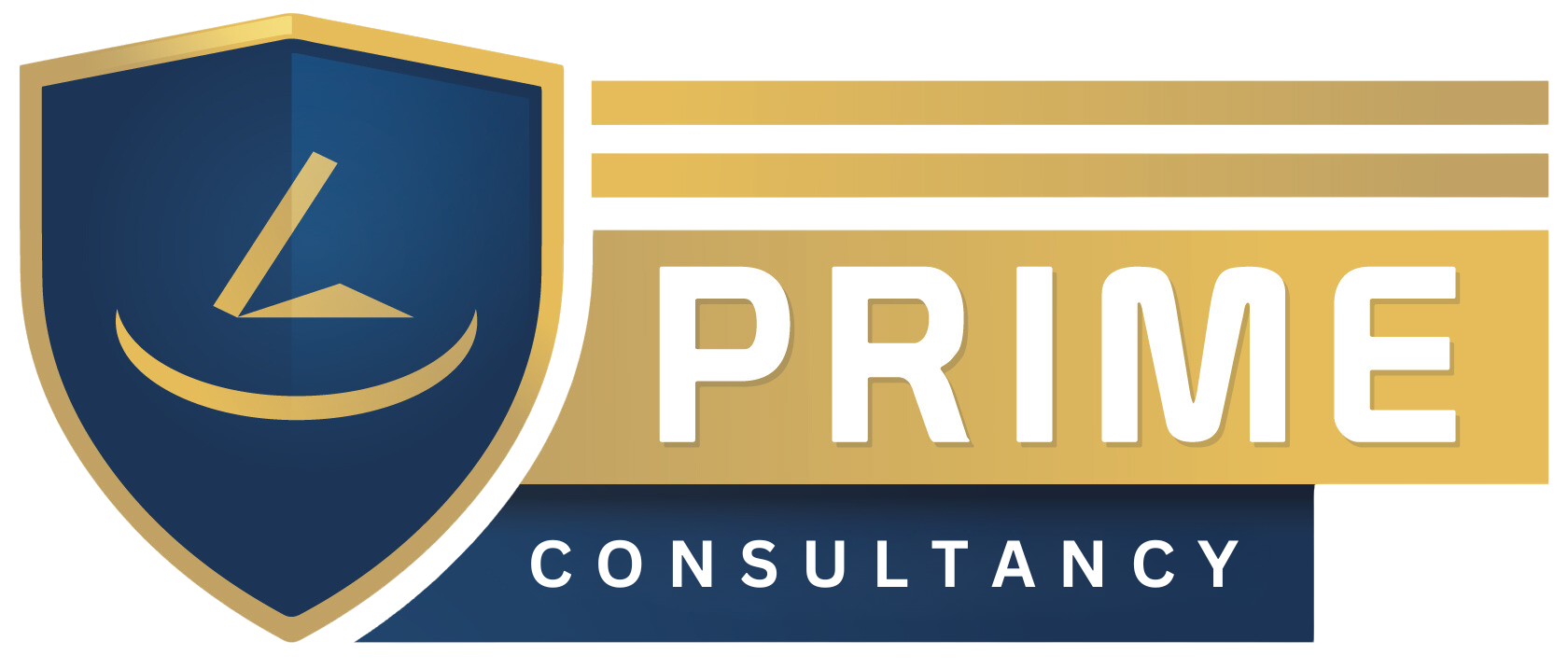- +383 45 234424
- primeiso.eu@gmail.com
Compliance Certificates
Compliance Certificates We Offer
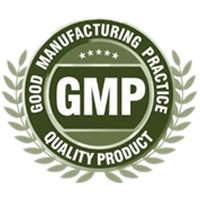
GMP CERTIFICATION
GDP/GMP stands for Good Manufacturing Practices and Good Distribution Practices, which are key aspects of quality assurance for medicines in the European Economic Area. GMP (Good Manufacturing Practices): Ensures that products are manufactured and controlled according to appropriate quality standards for their intended use. GDP (Good Distribution Practices): Ensures that the quality established by GMP is maintained throughout distribution, so authorized medicines reach retail pharmacists and other sellers without any alteration to their properties.
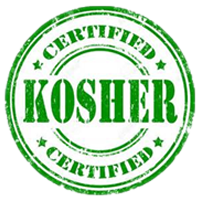
KOSHER CERTIFICATION
When a product or establishment is certified Kosher, it means they adhere to strict kosher food laws, ensuring cleanliness, purity, and quality. This certification represents the highest standard of kosher foods and is built on trust between manufacturers, producers, and consumers. Kosher foods comply with kashrut (Jewish dietary laws). To be certified Kosher, every ingredient and the preparation process must meet kosher standards. Products with a KA logo indicate they are certified Kosher.
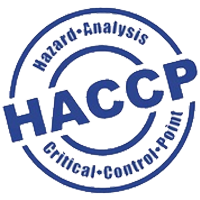
HACCP CERTIFICATION
Hazard Analysis and Critical Control Points (HACCP) is a systematic preventive approach to food safety that addresses biological, chemical, and physical hazards in production processes. It aims to prevent these hazards from making the finished product unsafe by implementing measures to reduce risks to safe levels. Instead of inspecting finished products for hazards, HACCP focuses on preventing them throughout the production process. The HACCP system is applicable at all stages of the food chain, including food production, preparation, packaging, and distribution.

CE MARKING CERTIFICATION
The 'CE' mark on products traded in the European Economic Area (EEA) indicates compliance with high safety, health, and environmental standards. Found on items like phones, teddy bears, and TVs, it ensures fair competition and consistent quality. Manufacturers use the CE mark to show that their products meet EEA regulations, allowing unrestricted trade within the EEA, including goods from outside the region.

SA 8000 CERTIFICATION
SA 8000 is an international certification standard that promotes socially acceptable practices in the workplace. This certification covers issues such as forced and child labor, occupational health and safety, freedom of association and collective bargaining, discrimination, disciplinary practices, working hours, compensation, and management systems. By adopting SA 8000, an organization must consider the social impact of its operations and the working conditions of its employees, partners, and suppliers. This standard is applicable to companies of any size, anywhere in the world. Achieving SA 8000 certification helps organizations develop and enhance social accountability across all operations.
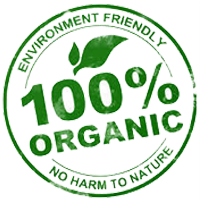
ORGANIC CERTIFICATION
Organic certification is a process for certifying producers of organic food and agricultural products. Businesses involved in food production, such as seed suppliers, farmers, food processors, retailers, and restaurants, can achieve this certification. There is also certification for organic textiles, which includes products made from organically grown fibers. The main goal of certification is to regulate and facilitate the sale of organic products to consumers. Each certification body has its own service marks, which serve as branding for consumers. Certifiers often promote the high consumer recognition of their logos as a marketing advantage for producers.
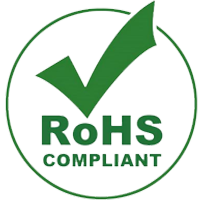
RoHS
RoHS stands for Restriction of Hazardous Substances. Known as Directive 2002/95/EC, RoHS originated in the European Union and restricts the use of specific hazardous materials in electrical and electronic products. Since July 1, 2006, all applicable products in the EU market must comply with RoHS regulations. The restricted materials are harmful to the environment, contribute to landfill pollution, and pose dangers during manufacturing and recycling due to occupational exposure. The substances banned under RoHS include lead (Pb), mercury (Hg), cadmium (Cd), hexavalent chromium (CrVI), polybrominated biphenyls (PBB), polybrominated diphenyl ethers (PBDE), and four phthalates (DEHP, BBP, DBP, DIBP).
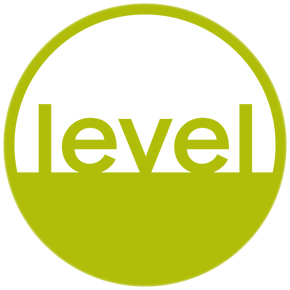
BIFMA
BIFMA level certification is a voluntary standard for business and institutional furniture manufacturers. It sets measurable criteria for various levels of achievement and performance, helping manufacturers at different stages of their sustainability journey. Achieving level certification shows that a manufacturer's products, facilities, and policies meet strict third-party sustainability standards. Applicants for BIFMA level certification can earn credits in four categories: Materials, Energy and Atmosphere, Human and Ecosystem Health, and Social Responsibility. Each category includes prerequisites and credits related to products, manufacturing facilities, and the organization as a whole.
